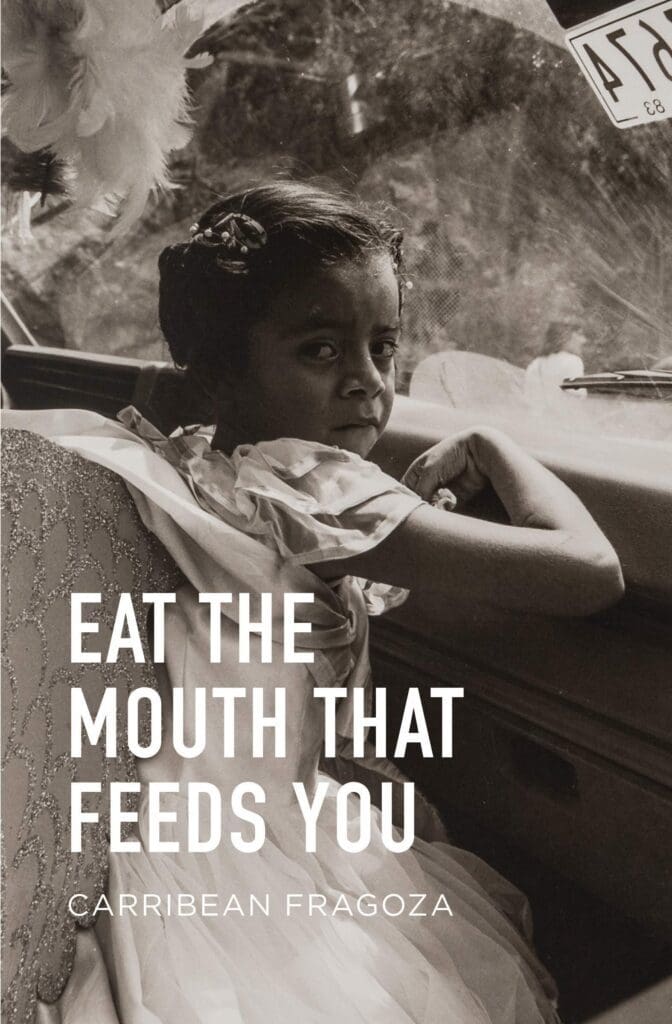Carribean Fragoza’s debut book of fiction, Eat the Mouth That Feeds You (144 pages; City Lights Publishers), is a collection of supernatural, almost mythical short stories. Set in Fragoza’s home town of South El Monte, a suburb east of Los Angeles, the collection explores what kind of violence is exchanged intergenerationally and what happens when the resulting wounds are not attended to. Fragoza’s characters, all of whom are Chicanx or Mexican women, explore the many worlds of their bodies, minds, and lineages. Carribean Fragoza recently spoke to ZYZZYVA via Zoom about Eat The Mouth That Feeds You. ZYZZYVA: The first […]
Q&A with Carribean Fragoza: ‘Eat the Mouth That Feeds You’ and the Wounds We Carry
by Ray Levy Uyeda

